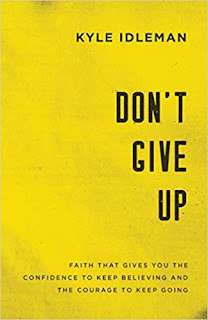AUTHOR: Amy Peterson
PUBLISHER: Nashville, TN: W Publishing, 2020, (224 pages).
The American evangelical image is going through an ugly patch right now. Believers are divided. Unbelievers are disgusted. The silent majority are shaking their heads. American evangelicalism is broken. It has split believers into more ways than one. More often than not, political allegiances dominate personal integrity. Standing up for values becomes more important than character of the person. The ends justify the means. Power trumps truth. Many people have used at least five things to demonize the perceptions of Christians these days: Judgmentalism, Legalism, Intolerance, Sexism, and Hypocrisy. Of all these five, hypocrisy has been something that haunted Christianity through the ages. Even during the time of Jesus, hypocrisy has been rearing its ugly head in the lives of the Pharisees and various religious leaders. Author Amy Peterson captures this state in American evangelicalism today. She notes: "Something has gone terribly wrong in the culture that taught me about virtue. I learned how to find truth in Scripture and orient my life around loving God and my neighbor from a community that seems to have stopped believing many of the things they taught me—things like the value of every human life, the importance of religious freedom, and the sanctity of marriage; things like hospitality, purity, modesty, truth, and love. I find myself now wondering if the ground I grew up in was radioactive all along and whether anything good can grow here. Does this hypocrisy mean I need to discard everything I learned growing up in the evangelical church?"
























